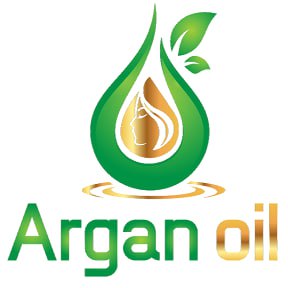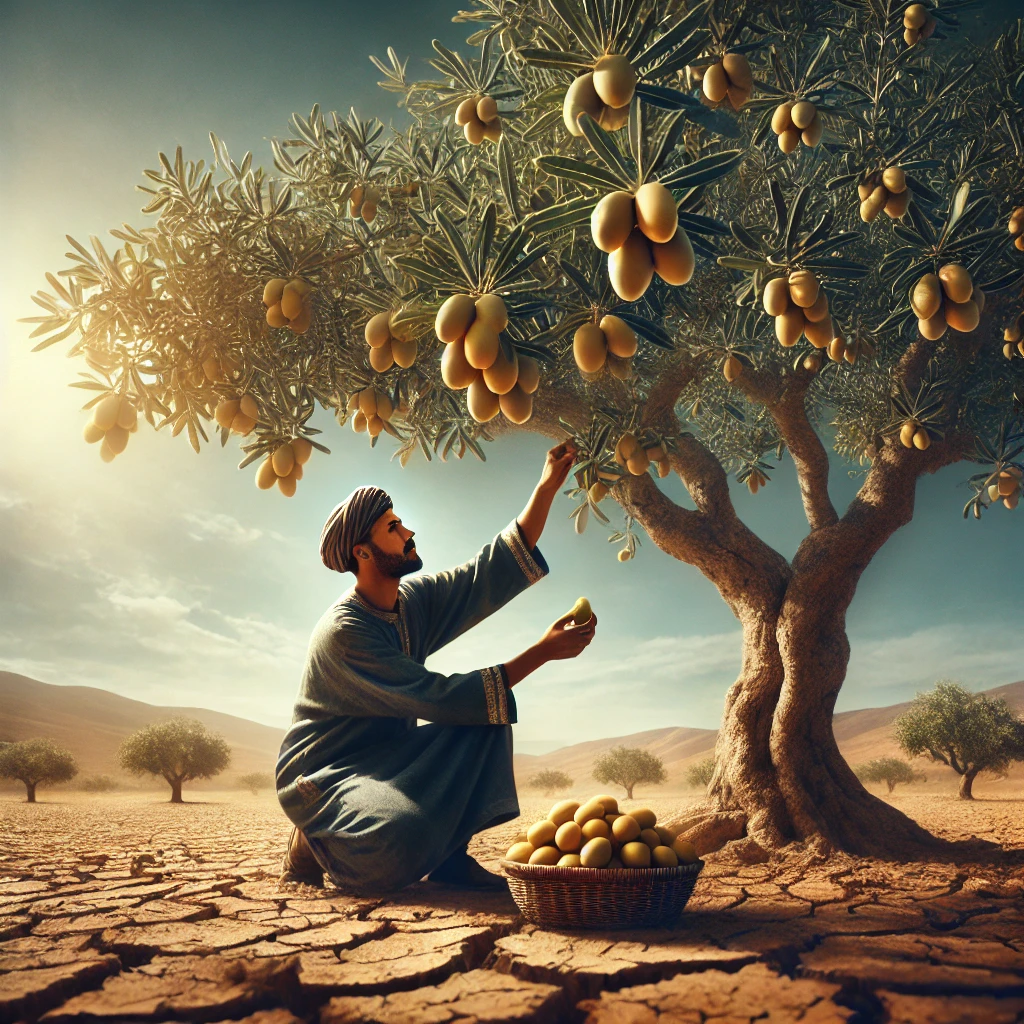Introduction
The argan oil industry is a cornerstone of Morocco’s economy, providing employment to thousands and offering a globally sought-after beauty and culinary product. However, climate change is reshaping the landscape in which argan trees thrive. Rising temperatures, prolonged droughts, and shifting weather patterns threaten not only tree growth but also the livelihoods of Berber women who rely on argan oil production.
1. Impact of Rising Temperatures on Argan Trees
Argan trees (Argania spinosa) are naturally drought-resistant, but climate change and the argan oil industry are facing growing challenges. Extreme heat is pushing the limits of these trees, and studies show that prolonged exposure to higher temperatures reduces fruit production, leading to lower oil yields. This disrupts the supply chain and raises prices for consumers worldwide.
Learn more about the resilience of argan trees in our About Us page.
2. Desertification and Soil Degradation
One of the biggest threats posed by climate change is desertification. Reduced rainfall and soil erosion weaken the natural habitat of argan forests. This results in fewer trees, lower fruit yields, and a negative impact on the biodiversity of the region.
Read more on sustainable farming methods used in argan cultivation: How We Source Our Oil.
3. Water Scarcity and Its Effect on Oil Quality
Water availability is crucial for maintaining the quality of argan oil. As climate change and the argan oil industry face increasing challenges, severe droughts are becoming more frequent, causing trees to receive less hydration. This results in smaller fruit and lower-quality oil. Farmers are adopting innovative irrigation techniques, but solutions remain limited.
Potential Solutions:
- Drip irrigation systems to optimize water use.
- Reforestation programs to combat soil erosion.
- Research on drought-resistant argan tree variants.
Learn about sustainable argan farming initiatives: UNESCO Argan Biosphere Reserve.
4. Economic and Social Impact on Local Communities
The argan oil industry supports thousands of families, particularly women in rural Morocco. Climate change threatens their economic stability, leading to:
- Reduced employment opportunities.
- Higher oil prices due to lower supply.
- Increased migration as farming becomes unsustainable.
Support women’s cooperatives: Empowering Local Communities.
5. Sustainability Efforts and Global Responsibility
The Moroccan government, alongside international organizations, is working to protect the argan oil industry from the effects of climate change through sustainable farming and conservation programs. Consumers can also contribute to safeguarding the future of the climate change and argan oil industry by choosing ethically sourced and eco-friendly products.
Support sustainable argan oil brands: Our Commitment to Sustainability.
Conclusion
The connection between climate change and the argan oil industry is undeniable. As temperatures rise and water becomes scarcer, the sustainability of Morocco’s “liquid gold” is at risk. The future of the argan oil industry depends on sustainable practices and international support. Consumers, businesses, and policymakers must collaborate to protect this ancient tree and ensure its valuable oil continues to thrive despite the challenges of climate change.
Explore our latest updates: The Future of Argan Oil.


